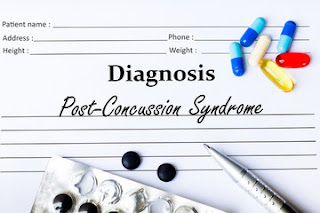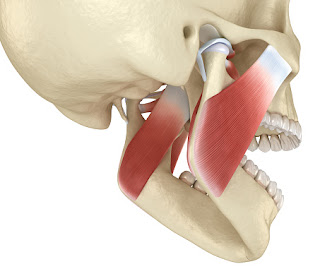Prevent The Development Of Post- Concussion Syndrome
Post-concussion syndrome occurs when concussion symptoms last beyond the expected recovery period after the initial injury. The usual recovery period is weeks to months. These symptoms may include headaches, dizziness, and problems with concentration and memory.
Causes
Post-concussion syndrome follows the occurrence of an injury or trauma to the head. Not all people who suffer mild traumatic head injury experience post-concussion syndrome. This syndrome may be worse in people who have had previous concussions or head trauma. It may also be more severe in those who have early symptoms of headache after injury, or who have mental changes such as amnesia, fogginess or fatigue. Other risk factors include younger age and prior history of headaches. Women and older patients appear to be more susceptible to the development of post-concussion symptoms.
Diagnosis
Since symptoms can be vague and attributable to other reasons, it can be difficult to diagnose post-concussion syndrome. There is no definitive test for post-concussion syndrome. Diagnosis is mainly based on a history of head injury and reported symptoms. A physical exam, and perhaps a CT or MRI scan of the head, may be done to evaluate symptoms. Other tests may be given to rule out other causes of symptoms, such as infection, bleeding injury to the brain, or poisoning.
Symptoms of Post-Concussion Syndrome
Symptoms of post-concussion syndrome are often vague and non-specific. Commonly reported symptoms include:
Headache
Dizziness
Sleep problems
Psychological symptoms such as depressed mood, irritability, and anxiety
Cognitive problems involving memory, concentration, and thinking
Such symptoms can affect day-to-day life, and inhibit the ability to perform in situations like work.
Prevention
The only known way to prevent the development of persistent post-concussive symptoms is to avoid the head injury in the first place.
Avoiding head injuries
Although you can't prepare for every potential situation, here are some tips for avoiding common causes of head injuries:
Fasten your seat belt whenever you're traveling in a car, and be sure children are in age-appropriate safety seats. Children under 13 are safest riding in the back seat, especially if your car has air bags.
Use helmets whenever you or your children are bicycling, roller-skating, in-line skating, ice-skating, skiing, snowboarding, playing football, batting or running the bases in softball or baseball, skateboarding, or horseback riding. Wear a helmet when riding a motorcycle.
Take action at home to prevent falls, such as removing small area rugs, improving lighting and installing handrails.
See a doctor if you experience a head injury severe enough to cause confusion or amnesia — even if you never lost consciousness. If a concussion occurs while you're playing a sport, don't go back in the game. Seek medical attention so that you don't risk worsening your injury.




Comments
Post a Comment